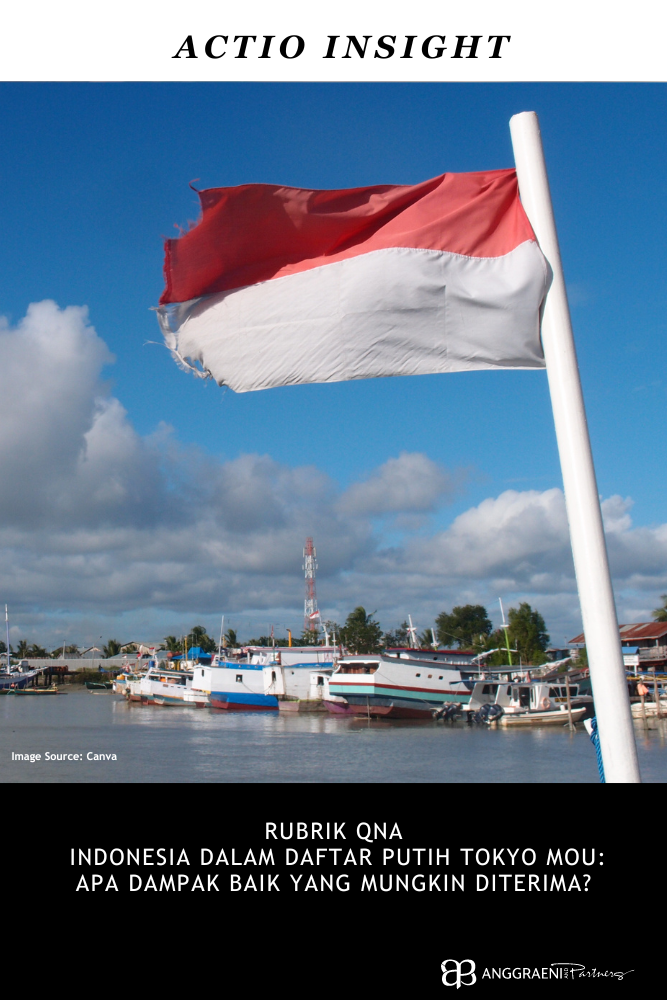REVISED AMENDMENT TO REGULATION FOR THE OPERATION OF NON-TRUNK MOTOR VEHICHLE PUBLIC TRANSPORTATION
The government has revised Regulation of the Minister of Transportation Number 32 of 2016 concerning Operation of Non- Trunk Motor Vehicle Public Transport (“Permenhub 32/2016”). The revision includes several changes as follows:
1. Type of rental transport
The government distinguishes online taxis from other public transports. In this case, the government classifies online taxis as special rent transport means. In the future, online taxis will be given special license plate (TNKB).
2. Car engine cylinder capacity
Initially, the government only allowed vehicles with at least 1300 cc engine capacity to be used as online taxis. After the revision, the government allows vehicles with 1000 cc engine capacity to be used as online taxis.
3. Pool
Under the license requirements, operators of public transport were originally required to have pools. However, after the revision, online taxis are not required to have pools but are still required to have garages to accommodate their vehicles.
4. Workshop
Under this regulation, online taxis are required to have workshops for vehicle maintenance. However, online taxis are allowed to work with other parties with regard to the vehicle maintenance facilities (workshops).
5. Periodic or regular testing
Motor vehicle periodic test mark (kir) was originally made by way of tapping. At present, the mark was made using an embossed plate.
A motor vehicle with the vehicle registration certificate issued within maximally six months in advance is not required to undergo test but rather required to show the test type registration certificate (SRUT).
6. Access to dashboard
The subject of access to dashboard is a new provision added to the revised regulation. Online taxi operator application companies are now obliged to give digital dashboard access to the Directorate General of Land Transportation and the agency granting the license for public transport. It is intended for the purposes of monitoring the operation of online taxis.
7. Obligation to have vehicle Quota of special rent transportation vehicles registration certificate in the name of the company.
The original regulation rules that the vehicle registration certificate must be in the name of the company. The revised regulation now provides that the vehicle registration certificate must be in the name of a legal entity. Name transfer can be done after the validity period of the certificate has expired after five years. In addition, drivers and the operator, such as cooperatives, must enter into a written agreement with each other that the vehicles used by the drivers are designated as online taxis.
8. Fare limit for special rent vehicle.
The government will now determine the maximum and minimum fare. This determination is intended to avoid fare increase during peak hours.
9. Tax
The substance for taxation interest in the operation of online taxi public transport operator is imposed on the application company in accordance with the recommendation of the Directorate General of Tax.
10. Penalties
Penalties may be imposed on the public transport company or the application company. Penalties on violations committed by the application company will be imposed by the Ministry of Communications and Information Technology by temporarily blocking the application until proper rectifications are made.
11. Quota Of special rent transportation vehicles
The determination of amount of shall be done by the governor in accordance with the domicile of the company and by the Head of BPTJ for Greater Jakarta region. Rules number 1 through 4 are effective immediately as of April 1, 2017, while rules number 5 and 6 will be effective after a two-month transition period from April 1, 2017 or from June 1, 2017 while a three month transition period will be given for rules number 7 through 11.
-TWK-


